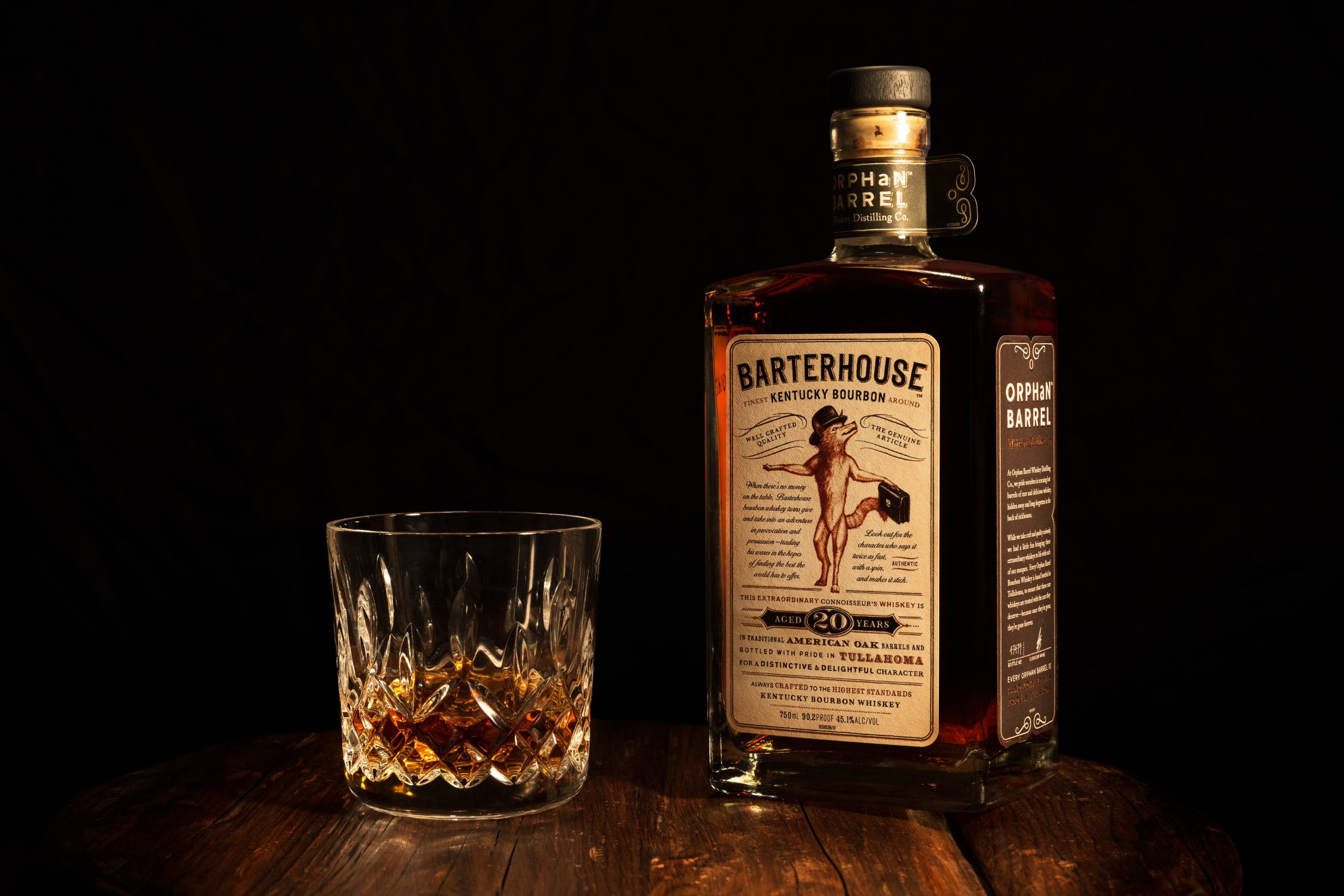Whisky has become a relevant investment opportunity for both individual and institutional investors. However, if you decide to invest in this specific asset but don’t know anything to the whisky industry, how can you inform about the most profitable bottles?
A solution can consist in relying on bottle evaluations made by whisky experts, like those provided by Jim Murray in his Whisky Bible, the whisky equivalent of the Parker’s Wine Buyer’s Guide. We can yet also wonder if the tasting evaluations obtained by a given distillery have an impact on the valuation of its bottles on the investment market.
The article of David Moroz and Bruno Pecchioli published recently in the Journal of Wine Economics, “Do Whisky Investors Read the Bible? The Effect of Expert Ratings on the Vintage Single Malt Secondary Market”, aims precisely to estimate the effect of expert assessments on the prices for single malt Scotch whiskies on the investment market.
Their results, obtained with an original dataset combining data from Jim Murray’s Whisky Bible and a web trading platform specializing in whisky investment, show that the quality rating is not a powerful predictor of investor ask prices, especially when controlling for distillery and bottler reputation.
Their findings suggest that although the Murray score of a bottle may embed information of use to unsophisticated investors, its effect on price can be outperformed by a detailed knowledge of the whisky industry.





